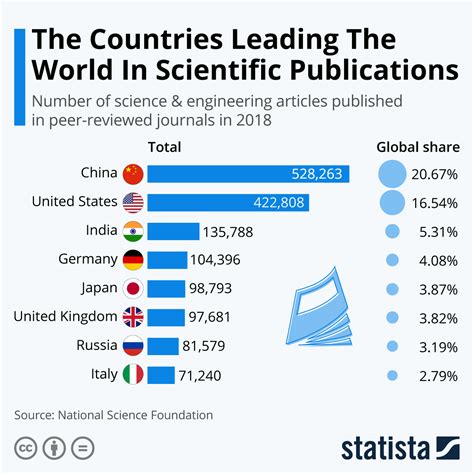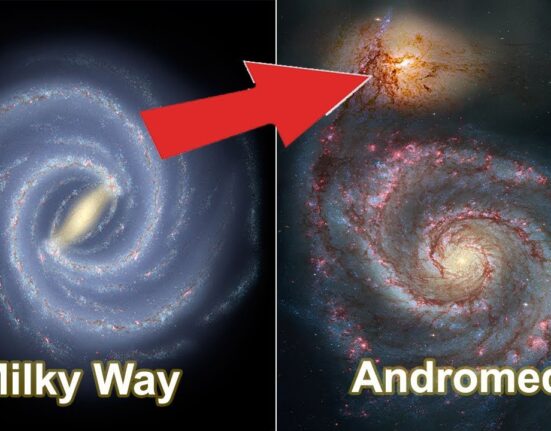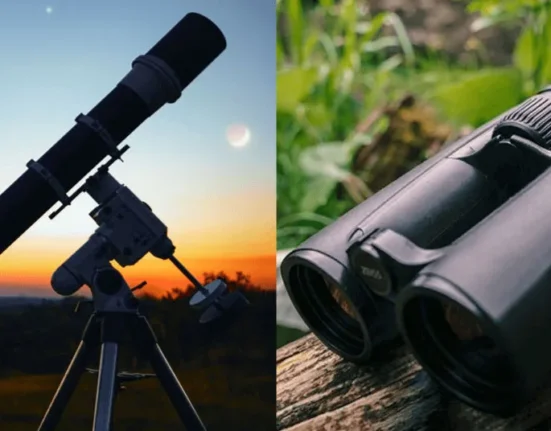Imagine a world where trust in science prevails, guiding society towards progress and innovation. Well, according to a recent study led by Viktoria Cologna of ETH Zurich and Niels G. Mede of the University of Zurich (UZH), we might just be living in such a world.
“Our results show that most people in most countries have a relatively high level of trust in scientists,”
shared Viktoria Cologna, emphasizing the pivotal role that the public assigns to scientists in shaping societal and political landscapes. This heartening revelation stems from the comprehensive TISP Many Labs study, which engaged 241 researchers and surveyed a staggering 71,922 individuals across 68 countries.
Contrary to popular narratives hinting at a crisis of confidence in scientific communities, the findings paint a reassuring picture. On an international scale, there is a notable inclination towards viewing scientists as competent (78%), honest (57%), and genuinely caring about the welfare of individuals (56%). Such positive perceptions underscore a foundation of credibility upon which scientific endeavors can flourish.
However, amid this sea of optimism lies an undercurrent of concern. While overall trust levels remain commendable, nuances emerge when exploring deeper layers of public sentiment. It appears that less than half of respondents worldwide feel that scientists truly heed diverse perspectives—an observation that warrants introspection within scientific circles.
Niels G. Mede echoes this sentiment:
“Our results also show that many people in many countries feel that the priorities of science are not always well aligned with their own priorities.”
This misalignment raises poignant questions about the dynamics between scientific pursuits and public expectations.
The study further unravels intriguing insights into how ideological leanings intersect with attitudes towards science. Notably, right-wing factions in Western nations exhibit lower levels of trust compared to their left-leaning counterparts—a phenomenon suggesting an ideological divide impinging on perceptions about science.
Despite these disparities, one resounding call pierces through demographic variations: an overwhelming majority clamors for greater involvement of scientists in societal dialogues and policy formulation. The clarion call for increased engagement underscores a burgeoning desire for transparency and collaboration between experts and laypersons.
As participants outlined their research priorities—ranging from enhancing public health infrastructure to addressing energy challenges—it became apparent that certain areas garnered more favor than others. For instance, while issues like poverty alleviation garnered significant support for research initiatives, defense-related advancements received comparatively lesser acclaim.
This disparity unveils an intriguing juxtaposition where public sentiments diverge from perceived scientific focus areas—a revelation shedding light on potential avenues for realignment between research agendas and global needs.
In essence, the study offers not just a snapshot but rather a kaleidoscopic view into the intricate tapestry woven by public faith in science. Beyond statistical figures lie profound reflections on symbiotic relationships between experts and citizens—an interplay poised to define our collective journey towards enlightenment and progress.









Leave feedback about this